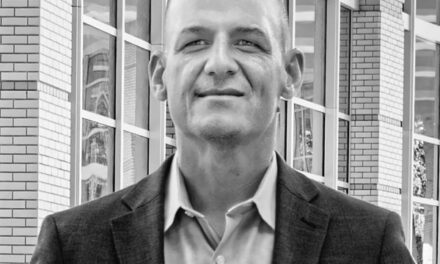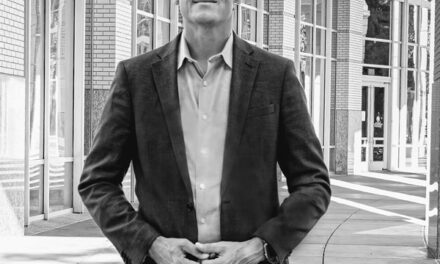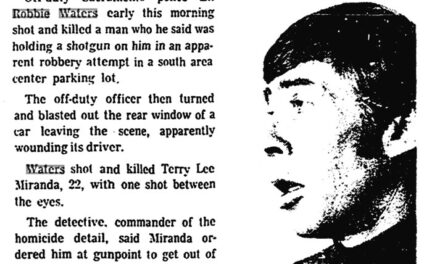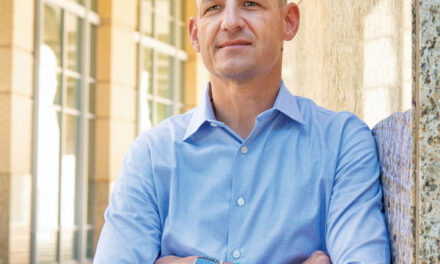A unique alliance between the police chief and his boss is changing how Sacramento Police operate. For Chief Daniel Hahn and City Manager Howard Chan, the partnership is essential to systemic, progressive improvements in the city’s law enforcement.
Chan and Hahn say police reforms, which include reimagining the way officers are recruited and trained and respond to everything from gun violence to traffic stops, are made possible by the relationship. Reforms won’t succeed without it.
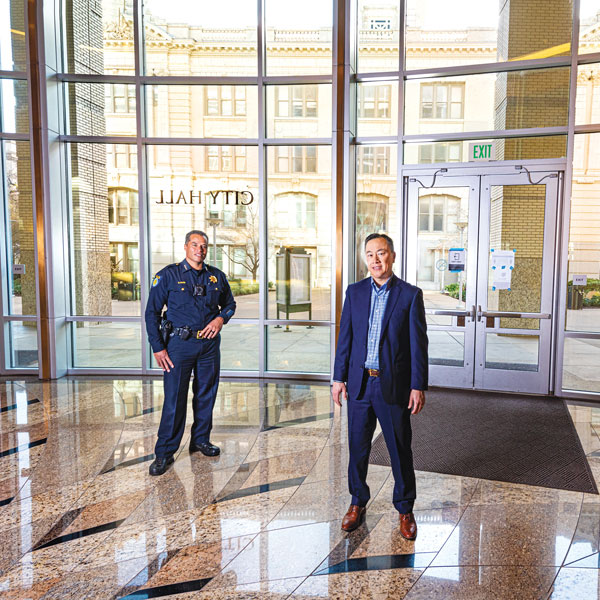
The connection blossomed in 2017, when Chan hired Hahn to lead the police department. Both men were skeptical when the interview process began. At the time, Hahn was chief of Roseville Police after rising to the rank of captain at SPD.
“My concern in coming back to Sac PD was that Howard would flip-flop when things got tough politically,” Hahn says. “I told him, ‘You’ll just end up firing me.’ But he has stayed so true. I’ve caused him a lot of problems politically, but he never mentions it. There’s nothing shady about Howard. If Howard left tomorrow, I would leave tomorrow.”
Chan was concerned about unflattering gossip that trailed Hahn from his early years at SPD. “Some cops gave me a little dirt on him,” Chan says. In six hours of interviews, Hahn came clean. He admitted making mistakes as a young officer.
“He said, ‘I was young and arrogant. I learned about what I needed to know and what I didn’t know,’” Chan says.
Then it was Hahn’s turn to ask questions. He wondered if Chan would stand up to political pressure from the mayor and City Council. “I gave him my word I will never hang him out to dry and I will never do anything I don’t believe in because I’m being pressured. I will leave the city first,” Chan says.
The relationship endured severe tests: the killing of Stephon Clark by SPD and nationwide protests over police brutality, when peaceful marches devolved into looting at hundreds of local businesses. Since then, violent standoffs over presidential politics forced SPD to act as peacekeeper. Rather than retreat, Hahn and Chan pressed forward to remodel the way SPD does business.
They worked with a University of San Diego team to study the relationship between SPD and community members. The results exposed an embarrassing lack of trust on both sides, but the city published the data anyway. They engaged with Stanford University to dissect thousands of hours of police body-worn camera footage from traffic stops to discern implicit racial bias. The conclusions will be made public. They partnered with community groups to help train cadets and recruit young people from diverse backgrounds. More than 600 teenagers participated in SPD career informational programs.
“They are very open to improving,” says Stanford psychology professor Jennifer Eberhardt, who leads the research team studying SPD body-cam footage. “They realize that with this research, they can improve the way the police department interacts with the public and builds trust.”
The Stanford project is a complex, computer-assisted analysis of thousands of hours that detail the most common interaction police have with residents: traffic stops. A much smaller survey in Oakland produced data with voice tones that showed even highly professional officers tend to be more deferential and patient with white motorists. When the SPD research is completed this year, it can help the department build training protocols to combat unconscious biases.
“They won’t have control over the results, and it might make them look bad,” Eberhardt says. “You need a bold leader to accept it. You want them to be open to the work and interested in making their department learn more about themselves and making themselves better.”
SPD is already working on building trust with the next generation. Paris Dye, who runs a local youth advisory organization called Student Voices, invited Hahn to a meeting, never expecting he would show. He not only showed, but organized the VIP Academy, a program that introduces young people to police careers.
“One of our young people said, ‘We don’t know what it’s like to be a police officer,’” Dye says. “The chief said, ‘Why don’t you come down to my headquarters and I’ll show you.’ He’s honored his commitment to young people. They latch onto his vision.”
Safiya Munif, a 17-year-old Horizon Charter School student, says, “People have a negative perspective of law enforcement. Chief Hahn is changing that through his kindness and his accessibility.”
Hahn loses money every day he comes to work. Already eligible for retirement with more than 30 years in law enforcement, his CalPERS pension will pay more than his current salary. He lost lifetime health benefits when he left Roseville—a perk Sacramento will not replace.
“I won’t be here in five more years,” he says. “I know we can’t get to where I want to go, a place where everyone feels valued. These problems go back 400 years. But at some point, we will get there. That’s why we’re pushing so hard for change now.”
Says Chan, “The work that we’re doing now is so intense. But we need to lay out these reforms so everyone can see them. Otherwise, you just give people a reason to say you’re covering stuff up.”
R.E. Graswich can be reached at regraswich@icloud.com. Follow us on Facebook, Twitter and Instagram: @insidesacramento.





